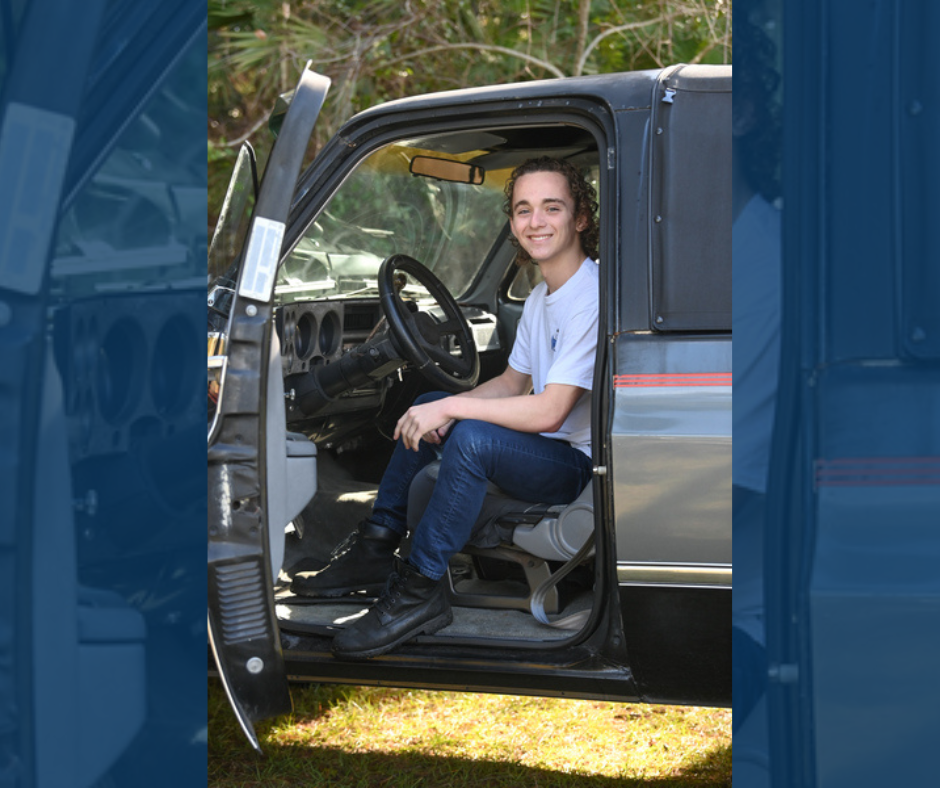A reform in general education is being launched as part of UNF’s curriculum next fall in hopes of providing students with more courses which offer qualitative skills needed for the future workforce.
This reform is being implemented through the pilot program called “Venture Studies,” which the College of Arts and Sciences proposed. The program will be optional, giving students a variety of liberal arts courses to fulfill some of their general education requirements.
The goal of “Venture Studies” is to encourage students to become better reflective thinkers and to apply their knowledge to current real world problems. On a broader level, it’s also meant to help students transition into college life and understand what they’d like to get out of their years at UNF, said Dr. Barbara Hetrick, dean of COAS.
To do this, 15 faculty members have designed and will teach the inaugural first-year courses beginning this fall, all of which share a common theme and desired features — including an introduction to community-based learning.
“We recognize community engagement as a critical piece — that students don’t exist in a vacuum, that is, the campus,” Hetrick said. “The pieces for getting students ready for the real world is for them to understand who they are to themselves and who they are to the outside world … being engaged in our community is certainly a powerful part of that.”
“Venture Studies” began as a question of curriculum, to determine whether faculty could come up with something that would provide a better foundation from which students could learn.
“It grew out of an experiment, an idea: ‘What would an ideal [general education] look like if we were starting over from scratch and building it for today, rather than following a model from past years?’” Hetrick said.
To be clear, it isn’t so much that this new program installment suggests UNF’s curriculum needs to be reformed because it is poor or inadequate — quite the contrary.
UNF currently maintains, according to a new survey conducted by the American Council of Trustees and Alumni, a B ranking, beating out the University of Florida, Stetson University and even Harvard University.
UNF received the high ranking in the survey because of the way the council conducts its data — by referring to schools’ general education requirements. The grades pertain to which colleges require all students to take seven subjects: composition, literature, foreign language, U.S. history, economics, mathematics and science as part of their general education curriculum. Schools lose points in the survey for each class they don’t require.
UNF requires all students take composition, literature, math and science as part of its general education requirements and therefore received a B. UF received a C because its curriculum only requires mathematics, composition and science; Harvard received a D — only requiring composition and science as part of its general education requirements.
“There are several factors that should be considered; is UNF making sure that students graduate having covered the basics? [If so,] they are absolutely doing a better job than Harvard, there is no doubt about that,” said David Azerrad, a program officer for the ACTA.
However, David Jaffee, UNF’s assistant vice president for Undergraduate Studies, disagrees with the value of the survey.
“It isn’t so much what students are required to learn, it’s the quality of education that students are getting,” Jaffee said. “The value of the core curriculum to me can’t really be based on simply whether there are courses offered in particular categories.”
What Jaffee, Hetrick and other higher education institutions want to know is, what kind of experiences are students having at the institution and what will they learn from it.
“I’m not saying that courses that have been delivered for the last 15 or 10 years aren’t relevant and that faculty hasn’t been revising those courses,” Hetrick said. “It’s really about whether we can build something cohesive and integrated … to deal with the world we are going to face in the future.”
Venture Studies Fall 2010 Courses include:
Constructing Reality, What If You Can’t Be Fixed?
The Golden Legend: Saints, Art, and Community
Extinction: Past, Present and Future
Did you ever wonder: Energy, Weather, Space, and Water
Is Revenge Sweet? The psychology of Revenge & Forgiveness
Red, White, and Black: Landmarks of the Early Multicultural History of Jacksonville
Media, Crime, and the Criminal Justice System
Off the Page, Into the World: Reading, Writing, & Working for Social Justice
Through Colonial Eyes: Self and Other from Past to Present
Effective Leadership
Personal Nutrition and Behavior Change*
Staying Connected Beyond Facebook*
Inventing Death*
Creativity: Inquires into the Habit of Inspiration*
* Part of the “Living and Learning Community” portion of the program, in which students live together in a residence hall, where staff will offer opportunities linked to the course themes outside of the classroom.











